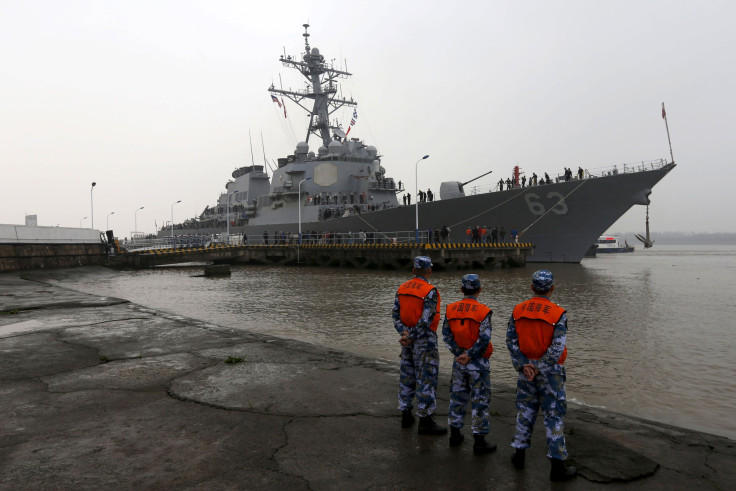US Unprepared To Face Growing Threats From China, Russia And North Korea, Report Finds

China and North Korea are growing as military powers as the United States struggles to maintain its influence in the Asia-Pacific region amid defense spending limits, according to a study released on Tuesday. Researchers at the Center for Strategic and International Studies, which conducted the study for the U.S. Department of Defense, said the U.S. faces a tough task to secure its interests in the region.
"Chinese and North Korean actions are routinely challenging the credibility of U.S. security commitments, and at the current rate of U.S. capability development, the balance of military power in the region is shifting against the United States," the study said. “Robust funding is needed to implement the rebalance.”
Mandatory "sequestration" budget cuts imposed across the government in 2011 have limited U.S. defense spending as lawmakers have worked to lower the nation's massive deficit. But the report suggested that the U.S. military expand its presence in the Asia-Pacific and continue to invest in new capabilities for U.S. forces, including missile defense systems to help allies in the region, Reuters reported.
“The Chinese People’s Liberation Army’s anti-access/area denial capabilities that many once viewed as Taiwan-specific are rapidly expanding to the Second Island Chain and beyond, affecting not only an increasing number of U.S. allies and partners, but also U.S. territories such as Guam,” the report states.
The study is expected to be discussed at a hearing of the Senate armed services committee and will likely become fodder for Republican presidential candidates who accuse Obama of weak leadership in the face of growing military aggression from China, Russia and nuclear-armed North Korea, The Guardian reported.
Japan, the world’s third biggest economy, is praised as a critical U.S. ally in the region, but the report warned Tokyo wouldn't be very helpful in a fast-moving crisis. “The authors encountered concern in both Tokyo and Washington that the command and control arrangements are not sufficient for the type of complex, high-intensity warfare that the allies must be prepared to conduct," it said.
© Copyright IBTimes 2024. All rights reserved.






















